
Geneva rebrands itself to see off rivals
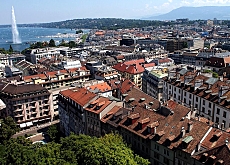
International Geneva wants to reinforce and expand its influence as a centre of global governance to head off growing competition from around the world.
On Thursday a group of experts submitted a nine-point plan aimed at better exploiting the city’s existing assets and embracing new networks to keep pace with a rapidly changing world.
One of the key issues for those behind the GenevaNetwork initiative is how to harness the “soft power” wielded by thousands of diverse actors around the world who shape global policy via the internet.
“We are now in a globalised world of opinions and multi-stakeholders, where you have groups and initiatives living on the net, and we have to make the best use of those networks and bring them to Geneva otherwise they will go somewhere else,” Daniel Stauffacher, executive coordinator of the new body, told swissinfo.
“The world is changing and therefore Geneva has to change as well.”
GenevaNetwork, which comprises representatives from the Swiss government, international and non-governmental organisations, and the public and private sectors, also wants to look beyond the humanitarian and security issues traditionally associated with the city.
It believes international Geneva should increasingly be focusing on economic, social, technological and scientific concerns that require multilateral attention.
Growing competition
Behind the drive for change lies the concern that the city’s pre-eminent position could be usurped by a growing list of rivals, including China and India.
The Swiss ambassador to the United Nations in Geneva, Blaise Godet, who is facilitating efforts to rebrand the city, admitted that the competition was getting ever stronger, with many other locations offering conference facilities.
Stauffacher spoke of the need for a multi-stakeholder approach, drawing together government, private sector, civil society, academia and the media.
“If Geneva wants to remain the place where future issues are discussed and solutions are found, it has to find a way to capture the networks which are defining these issues,” he said.
Global issues
The recommendations issued by the group include compiling a list of major global economic and social issues, redefining Swiss foreign policy in the context of the 21st century and positioning Geneva as an intellectual centre.
Maria Cattaui, vice-president of the International Crisis Group and a member of the group of experts, said it was not a question of re-inventing the wheel but rather pooling existing capacities and expertise.
“The strength of this initiative is that it is not to start a whole new plan but rather to take the strands that are out there and that have been doing really good work and to weave them into a much more unfragmented way of doing things,” she said.
An example of new synergies already taking place is the merger of the city’s graduate institutes of international and development studies to create an academic centre at the planned Peace House, which should open in 2012.
swissinfo, Adam Beaumont in Geneva
GenevaNetwork recommendations include:
Positioning the city as an intellectual and knowledge-creating centre by strengthening the number and quality of think tanks.
Greater involvement of the Swiss diplomatic corps in the decision-making process that leads to which cities are chosen for hosting international conferences.
An in-depth analysis of the main gaps and weaknesses of international Geneva and concrete recommendations on how to overcome competitive disadvantages.

In compliance with the JTI standards
More: SWI swissinfo.ch certified by the Journalism Trust Initiative
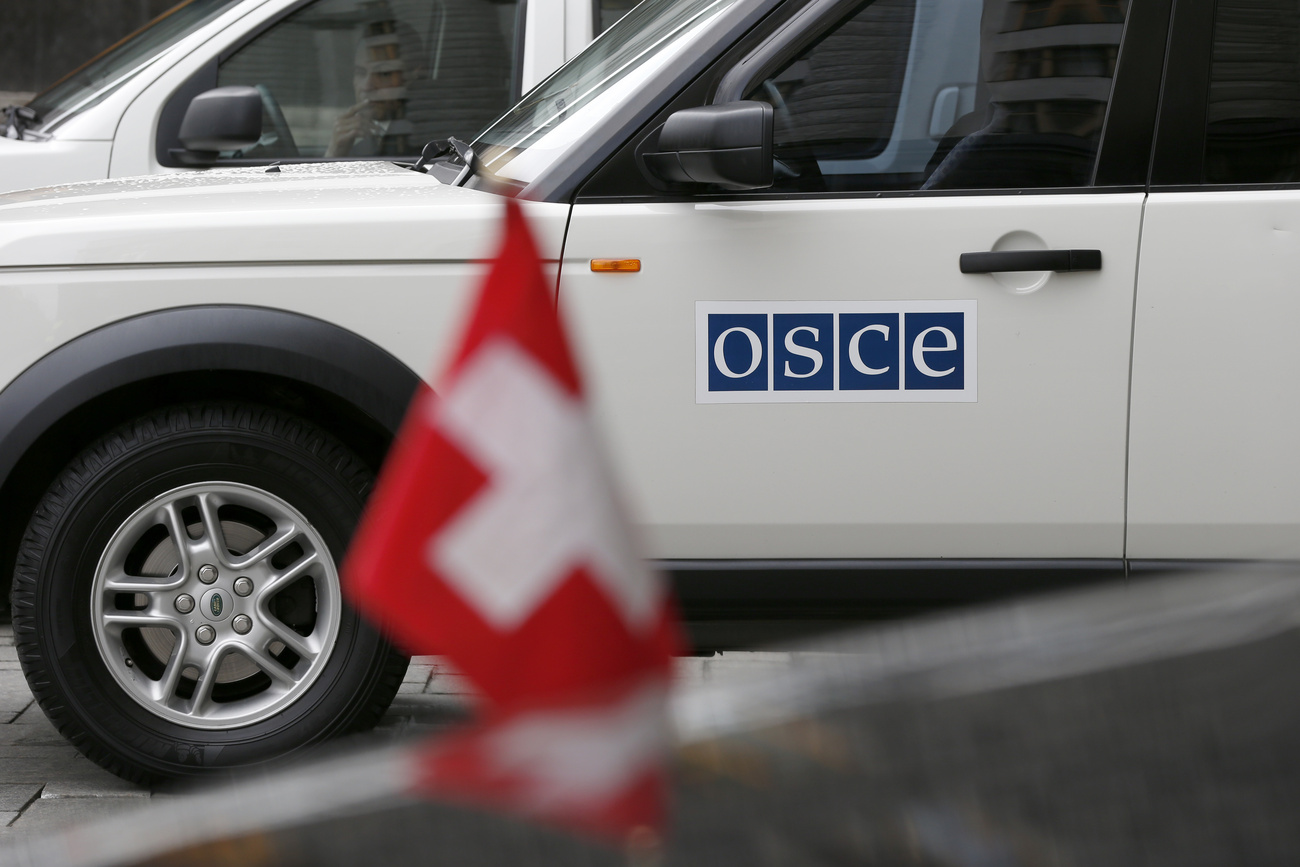









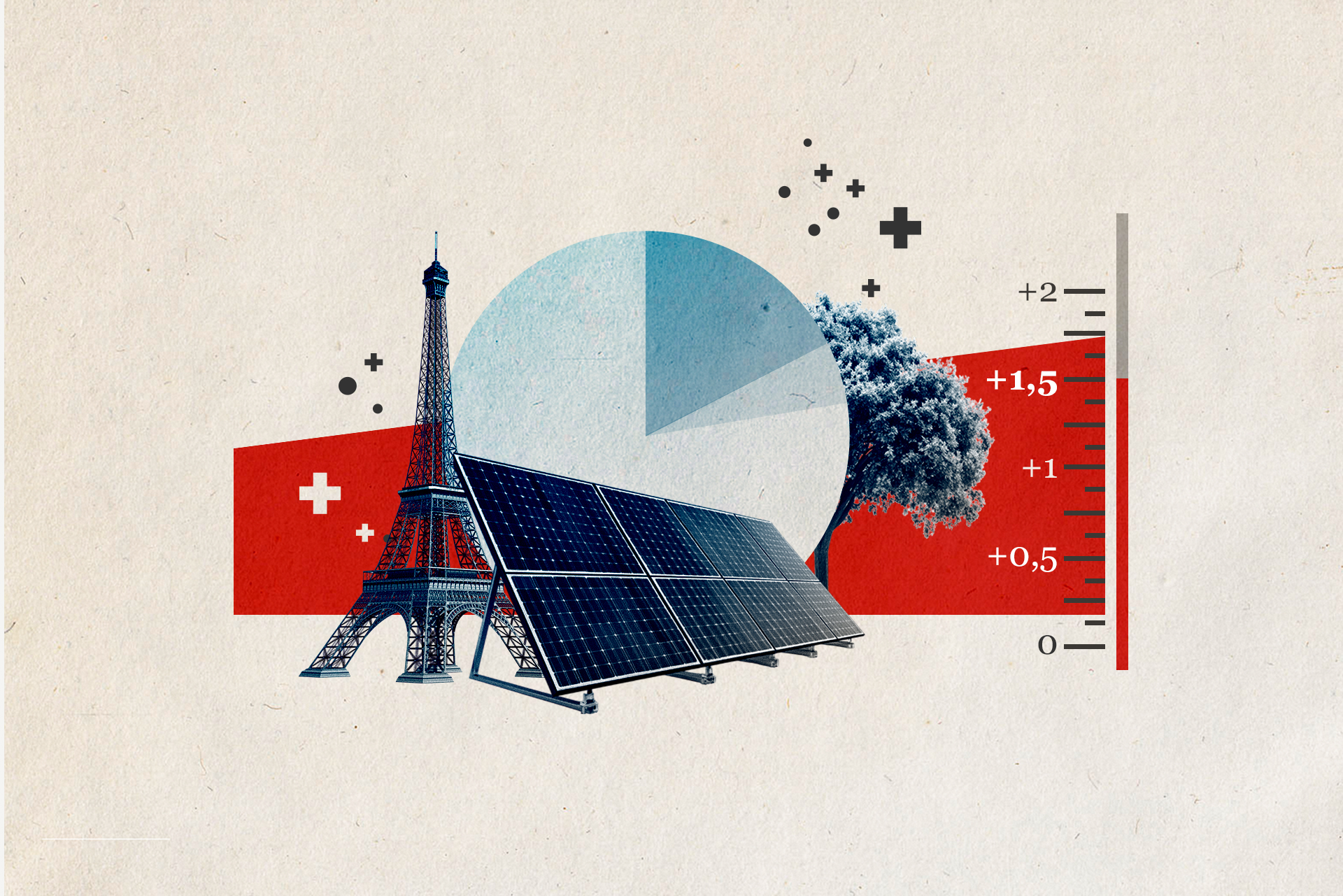


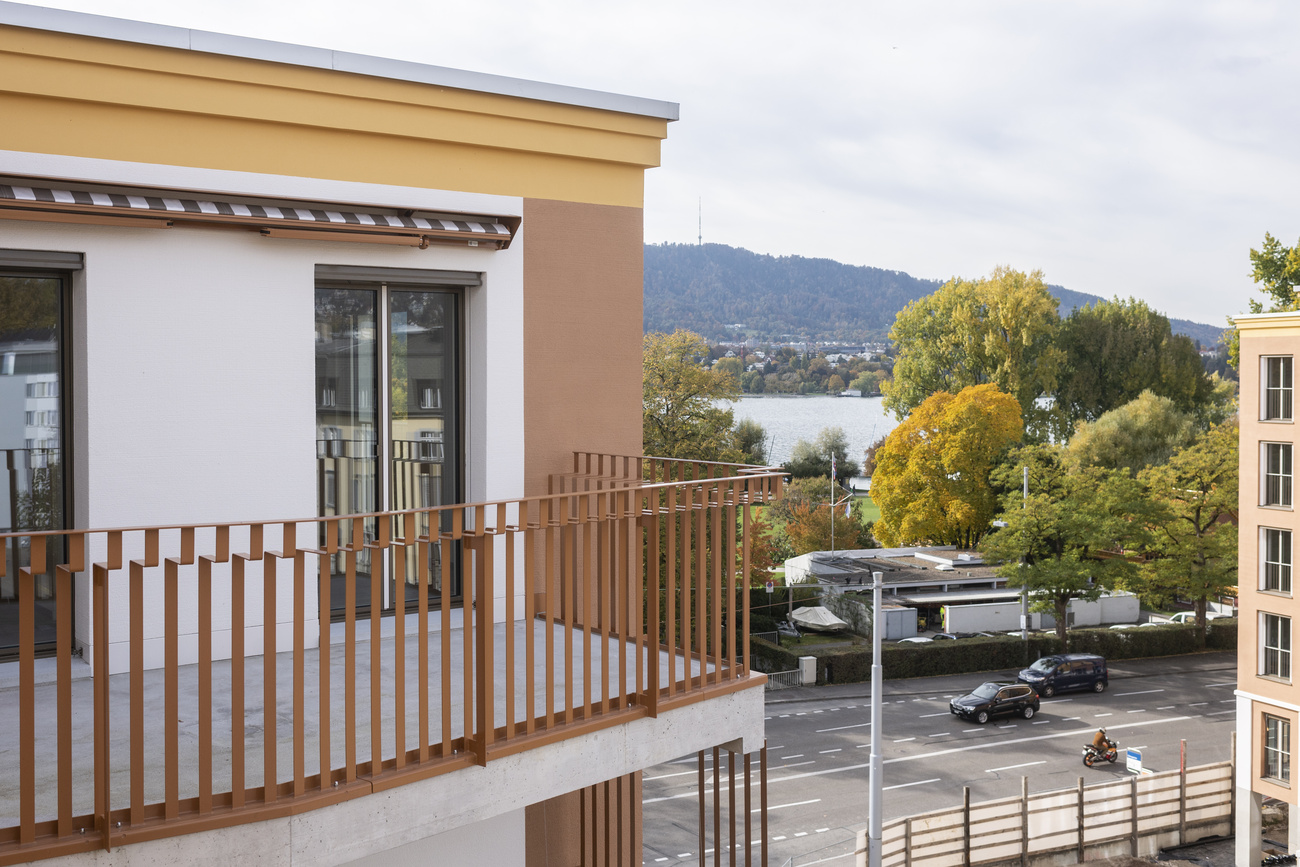










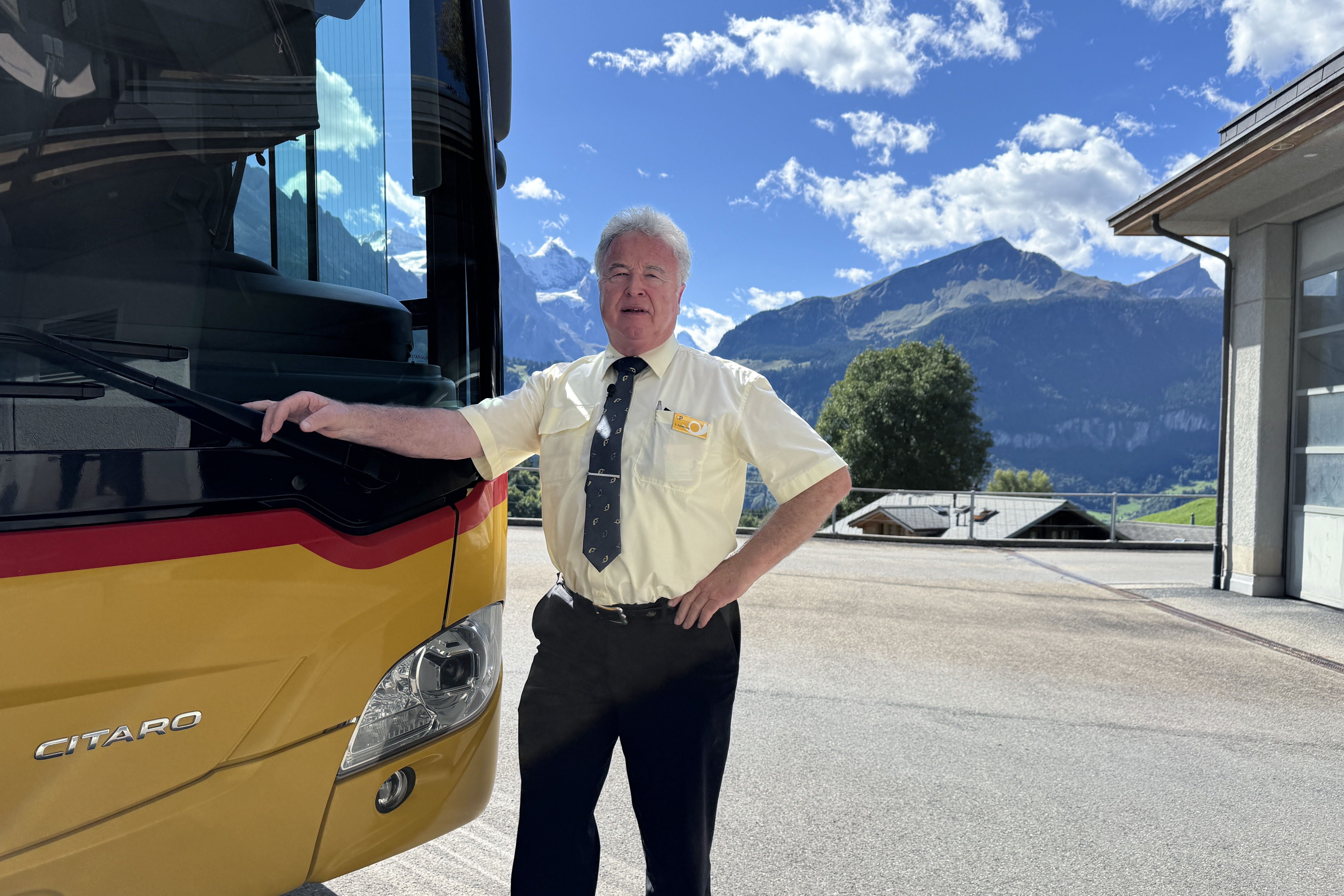


You can find an overview of ongoing debates with our journalists here . Please join us!
If you want to start a conversation about a topic raised in this article or want to report factual errors, email us at english@swissinfo.ch.